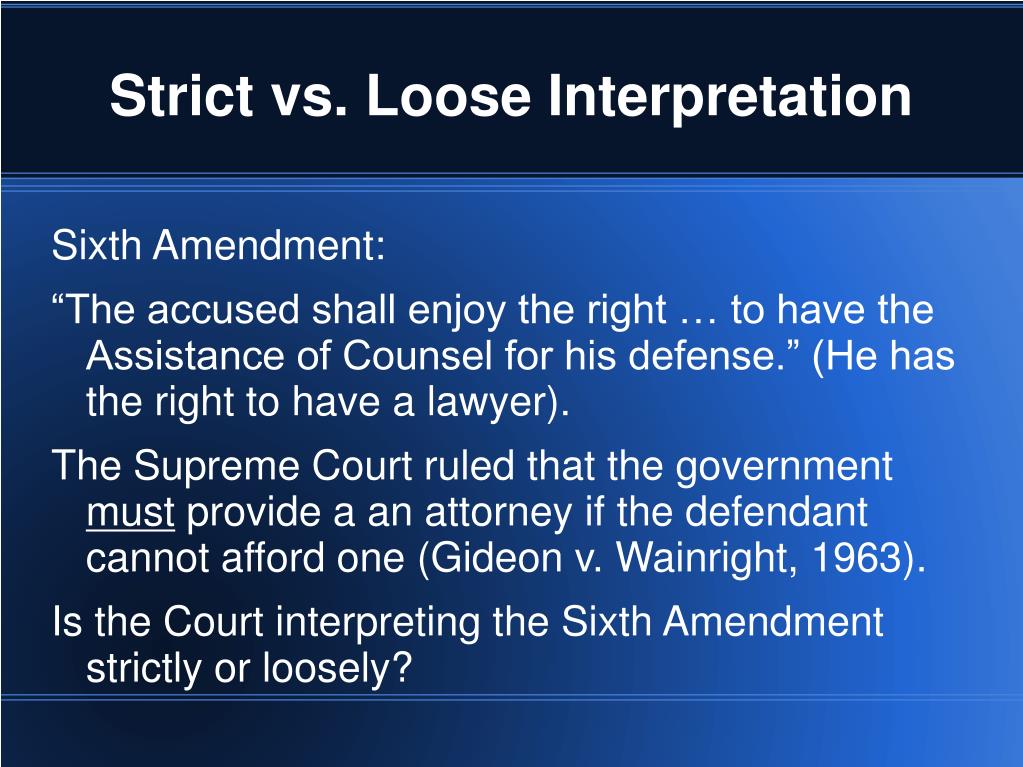

326, 334 (1923) (approving of law restricting transfer to aliens of shares of a land owning corporation). 313, 322 (1923) (validating law prohibiting food crop contracts with aliens) Frick v. 225, 232–33 (1923) (sustaining California statute prohibiting the use of land by ‘ineligible’ aliens) Webb v.

197, 217 (1923) (finding that aliens were distinguishable as to land ownership and use for reasons other than hostility to race) Porterfield v. The Court also sustained laws prohibiting the ownership of land by aliens and the indirect control of lands by aliens. 138 (1914) (killing of wild game) McCready v. In particular, the Court upheld state laws forbidding aliens from taking possession of natural resources, citing a state’s significant legitimate interest in reserving use of these resources for its citizens. 195, 198 (1915) (affirming New York law that made it a crime to employ aliens on public works contracts). 175, 194 (1915) (upholding New York law that prohibited the employment of aliens on public works contracts for the construction of subways) Crane v. In many subsequent cases after Yick Wo until 1948, the Court allowed less favorable treatment of aliens whenever the alienage classification related to a “special public interest.” 6 Footnote Heim v. The Court struck down the facially neutral city ordinance as an equal protection violation, stating that the distinction was based on “no reason … except hostility to the race and nationality.…” 5 Footnote Id. The Supreme Court found the officials were employing their authority to deny permission to resident Chinese aliens. involved the constitutionality of a municipal ordinance that granted officials absolute and unrestrained authority to grant licenses for laundries. One of the earliest equal protection decisions, Yick Wo v. 678, 693 (2001) ( “nce an alien enters the country, the legal circumstance changes, for the Due Process Clause applies to all ‘persons’ within the United States, including aliens, whether their presence here is lawful, unlawful, temporary, or permanent.” ). 202, 210–16 (1982) (emphasizing that “liens, even aliens whose presence in this country is unlawful, have long been recognized as ‘persons’ guaranteed due process of law by the Fifth and Fourteenth Amendments” ) Graham v. No State shall make or enforce any law which shall abridge the privileges or immunities of citizens of the United States nor shall any State deprive any person of life, liberty, or property, without due process of law nor deny to any person within its jurisdiction the equal protection of the laws.Īn alien, whether present lawfully, unlawfully, temporarily, or permanently, is a “person” within the meaning of the Equal Protection Clause and receives its protection. All persons born or naturalized in the United States, and subject to the jurisdiction thereof, are citizens of the United States and of the State wherein they reside.


 0 kommentar(er)
0 kommentar(er)
